As obligate carnivores, our cats have very specific needs. Taurine, for example, is one of the essential nutrients in their diet. They cannot do without it, otherwise they risk developing deficiencies — hence the importance of providing them with a complete and high-quality diet.
Our cats and their specific diet
Our cats are obligate carnivores, meaning they cannot do without meat in their diet. However, that doesn't mean they should eat ONLY meat — that would actually be dangerous for their health.
The fact is: our cats can only meet their nutritional needs through animal tissue. These specific needs reflect their strict carnivore nature, adapted to consuming small prey. Therefore, our cats have unique nutritional requirements: taurine, arginine, arachidonic acid, niacin, tyrosine, cysteine, valine, leucine, isoleucine, lysine, tryptophan, threonine, histidine, pyridoxine, vitamins A and D.
You might have guessed it, but for these reasons, our cats cannot be fed a vegetarian diet or one too low in animal proteins.
Taurine in my cat's diet: an essential nutrient
Taurine is one of the 11 essential amino acids for our cats' health. It is a sulfonic amino acid found in animal proteins — in meat, fish, and shellfish. It is essential for growth, reproduction, proper heart, muscle, and vision function.
Taurine is a precursor of bile acids, which are essential for fat digestion. Cats use taurine exclusively to conjugate bile acids, excreting all bile acids in the form of taurocholate (a component of bile, secreted by liver cells). Taurine therefore also supports proper digestion in our cats.
Mammals can synthesize taurine from sulfur-containing amino acids (methionine and cysteine). However, our cats have the necessary enzymes, but two of them have low activity: cysteine dioxygenase and cysteine sulfinic acid decarboxylase.
To meet their taurine needs, they must obtain it directly from their diet — especially from animal tissues rich in taurine.
Taurine is destroyed during cooking
Taurine is naturally found in meat, but to ensure a complete and high-quality cat food, it is necessary to add it during the industrial production of wet food or kibble.
Indeed, taurine is heat-sensitive.
During industrial food processing, food is cooked between 90°C and 140°C for several minutes, which destroys taurine. That’s why it must be added in higher amounts during production, to ensure enough remains after cooking. This is also why you’ll find it listed on your cat food labels.

Taurine deficiency in cats = danger
Cats cannot do without taurine — and therefore animal protein — in their diet, or they risk severe deficiencies.
What are the consequences of a taurine deficiency in cats?
- central retinal degeneration (which causes irreversible blindness)
- degeneration of heart muscle leading to cardiomyopathy
- impaired immune function
- teratogenicity: a pregnant cat lacking taurine may give birth to kittens with abnormal growth and development.
Don't worry — taurine deficiencies are relatively rare when a cat is fed a complete and high-quality diet. However, if your cat seems unwell, consult your veterinarian for an examination. Taurine deficiency can be detected through a simple blood test.
Are you a feline nutrition expert? Test your knowledge with our quiz!


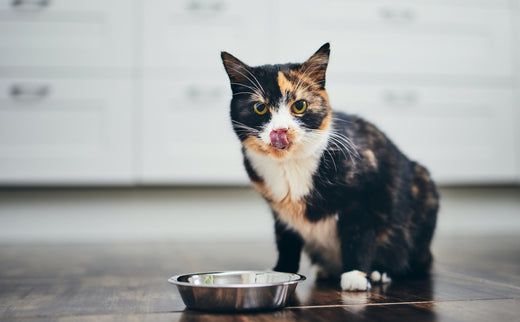
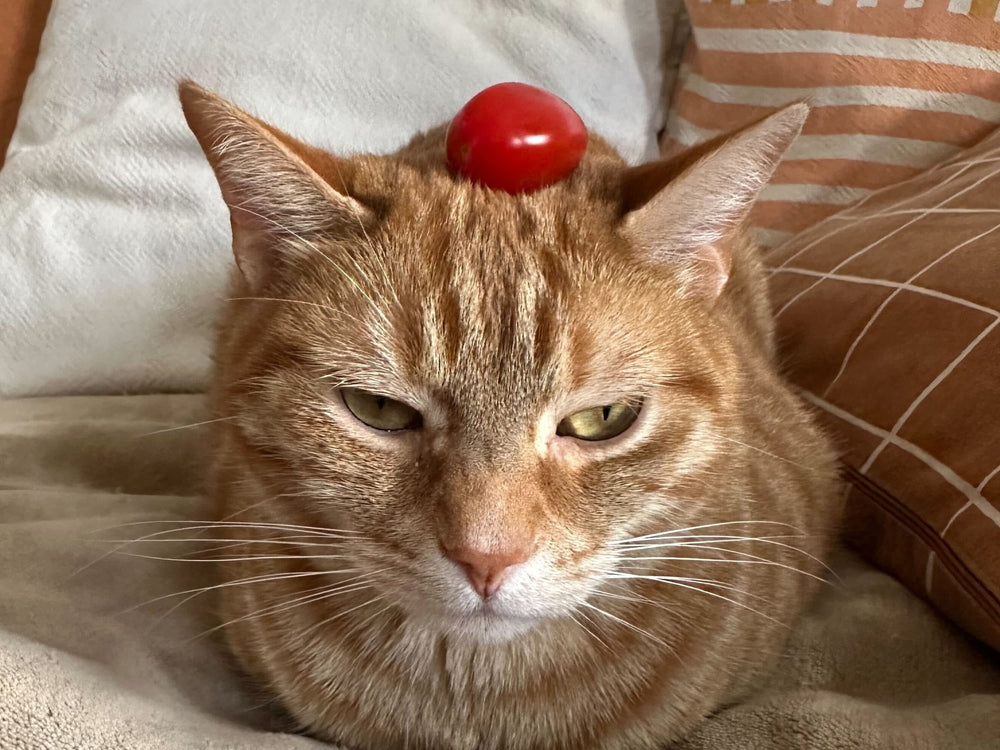
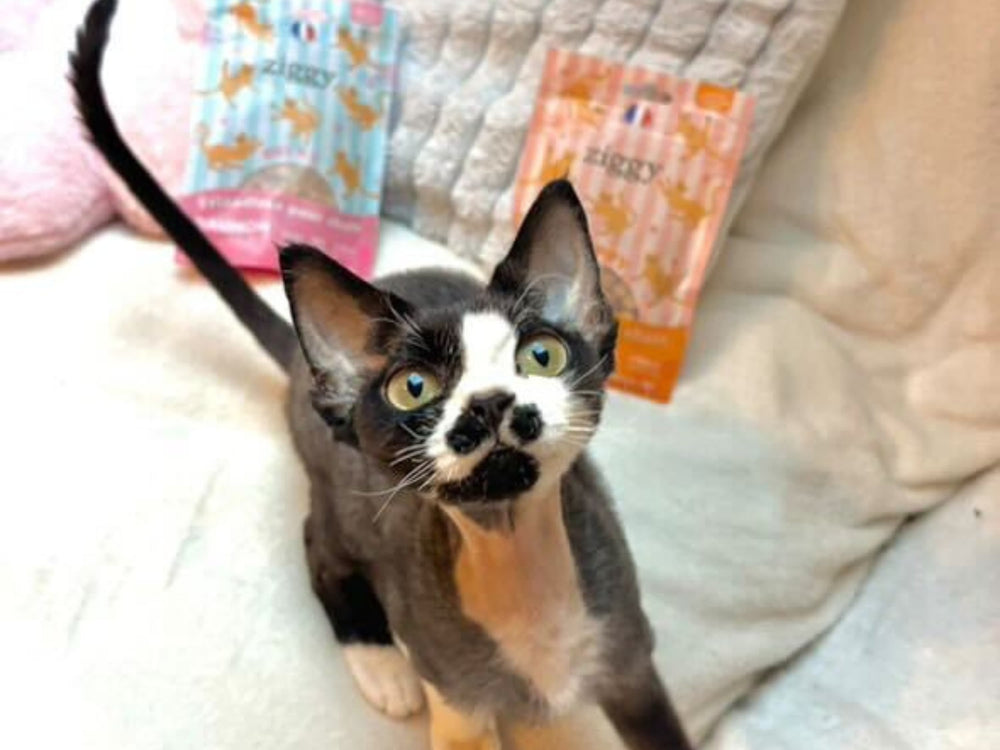
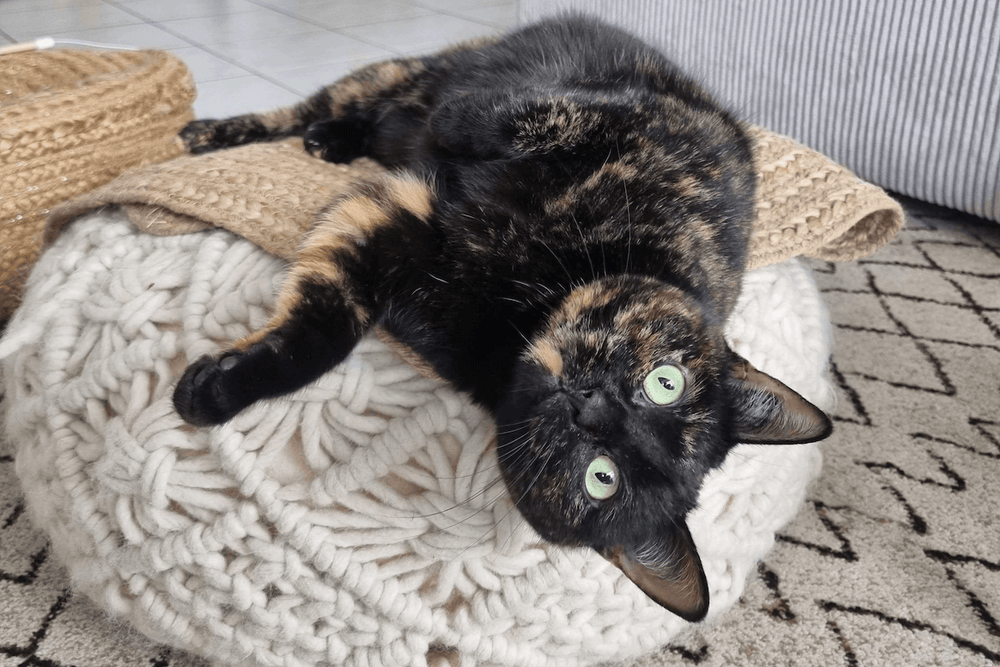
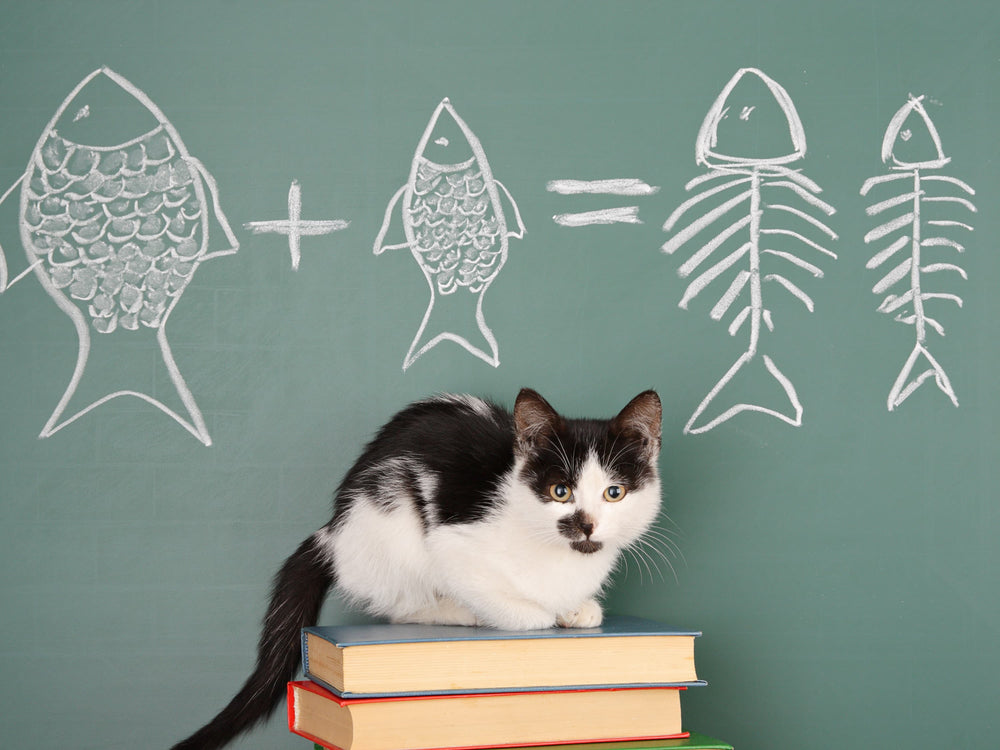
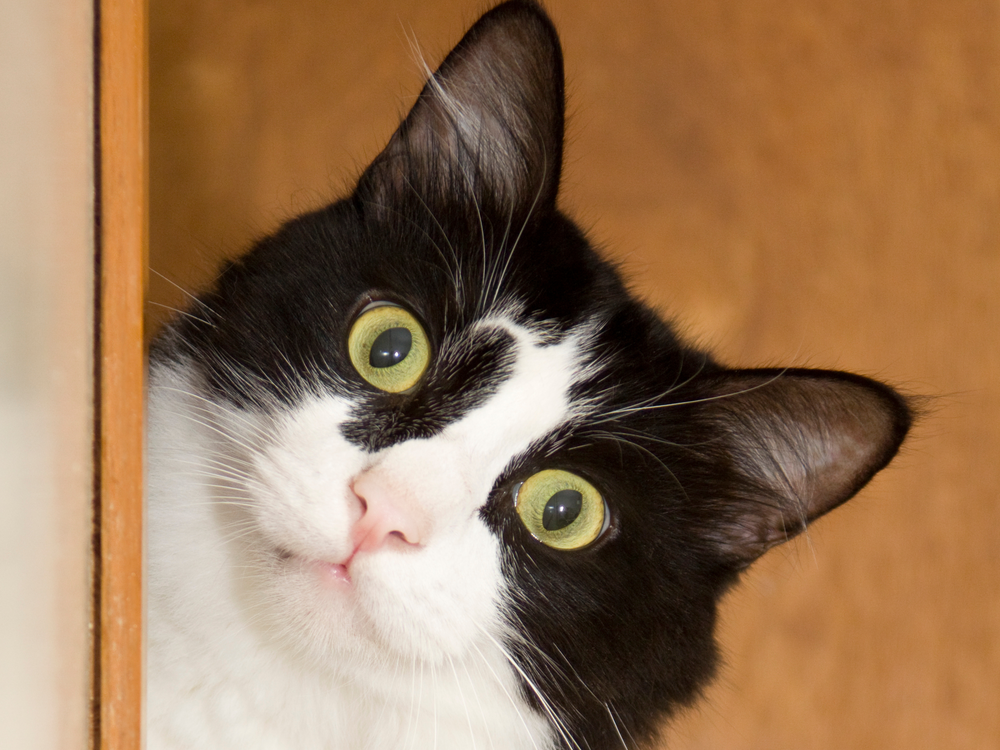

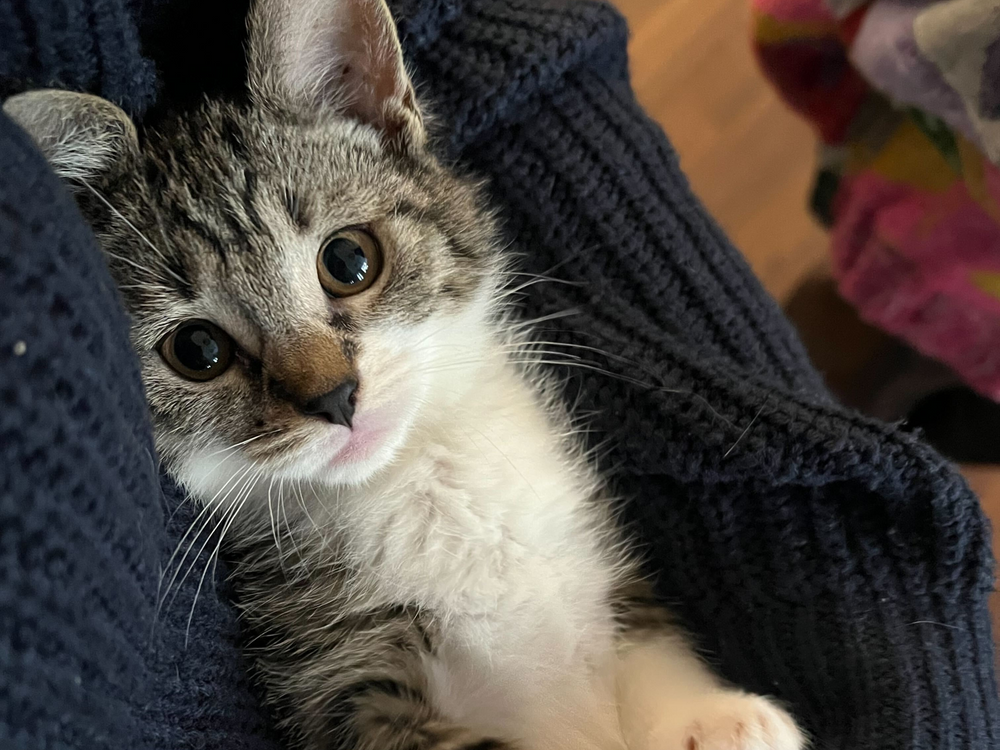
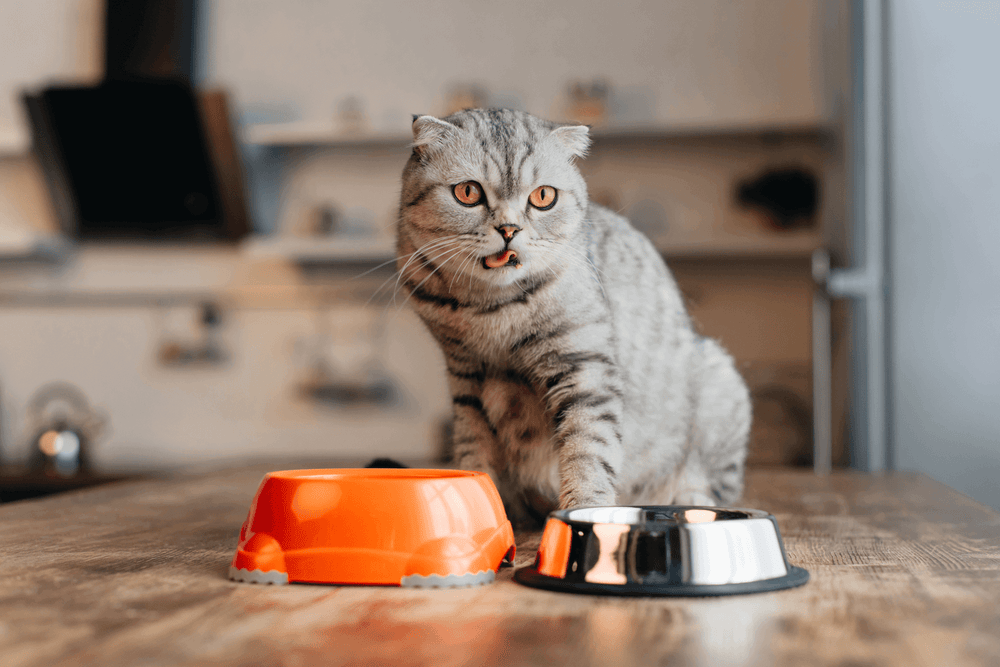
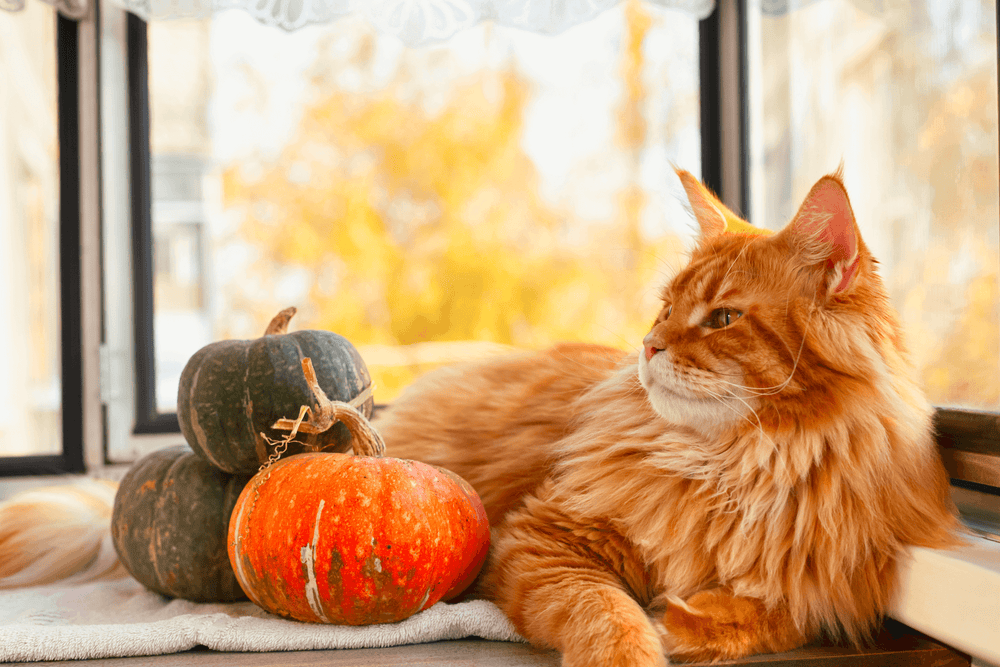
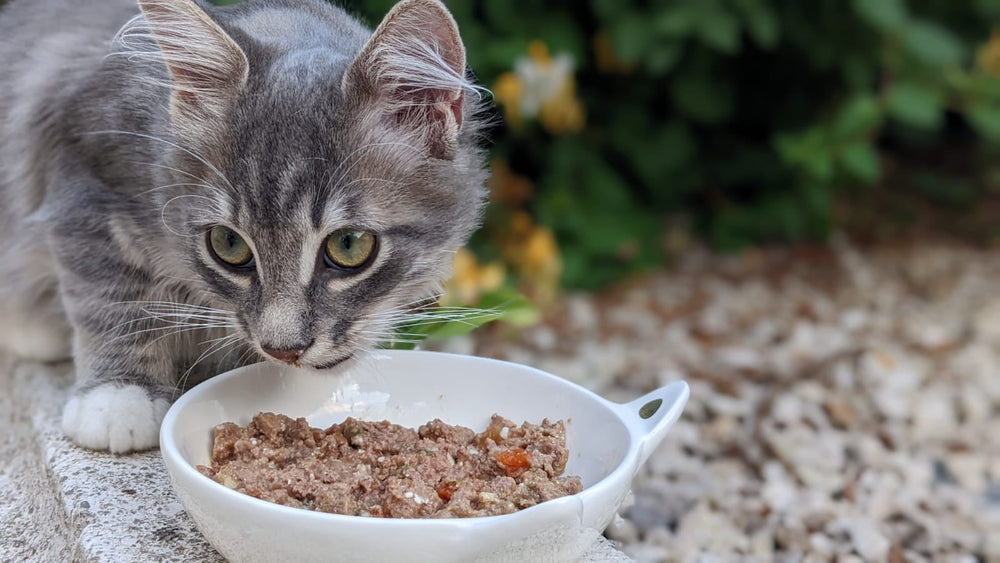
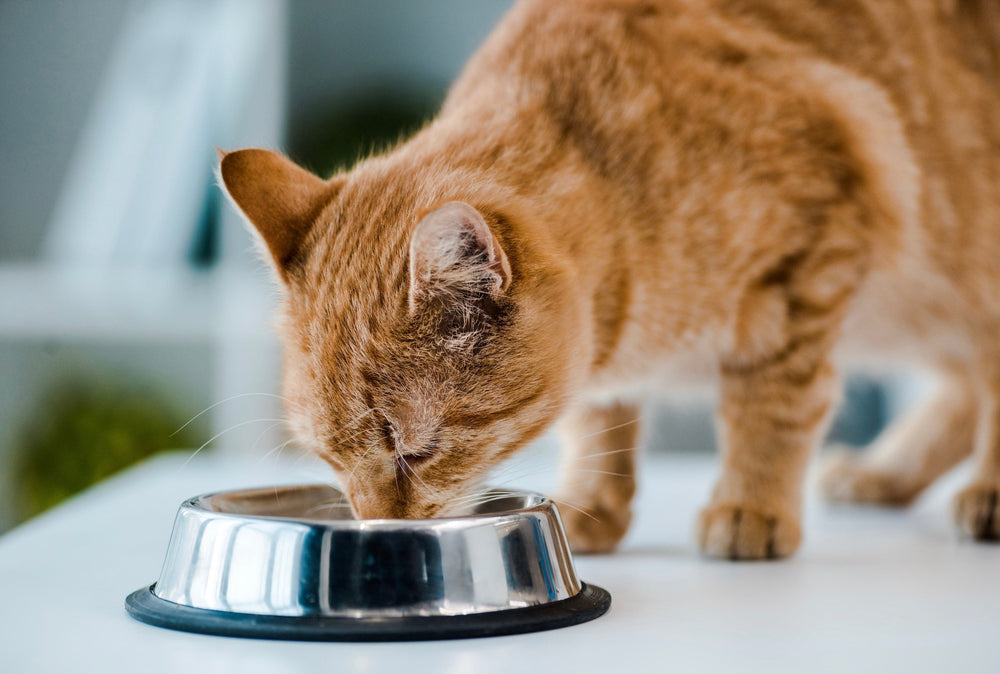
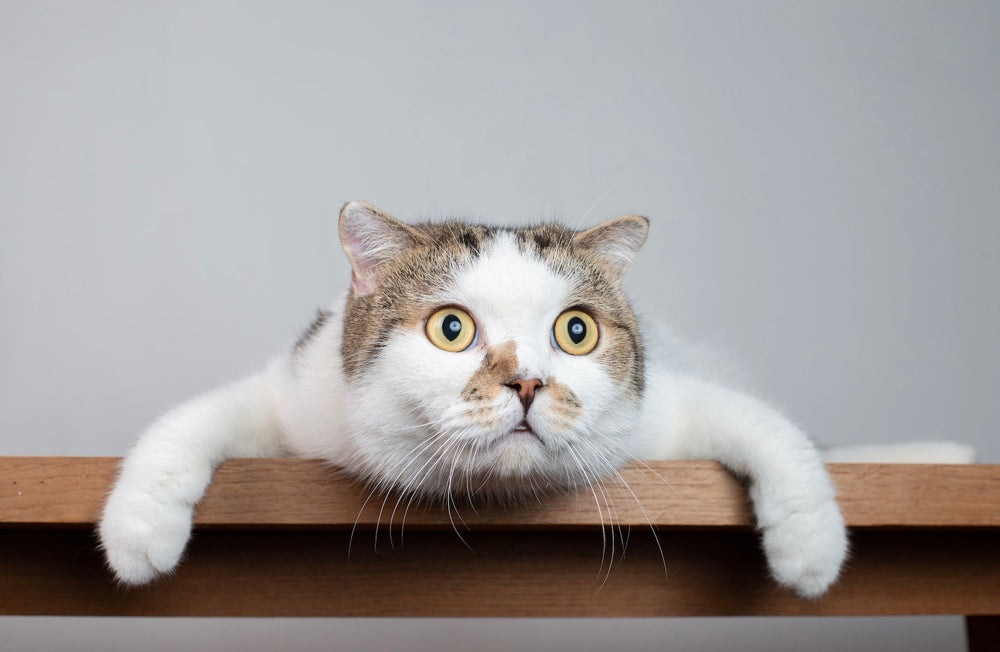
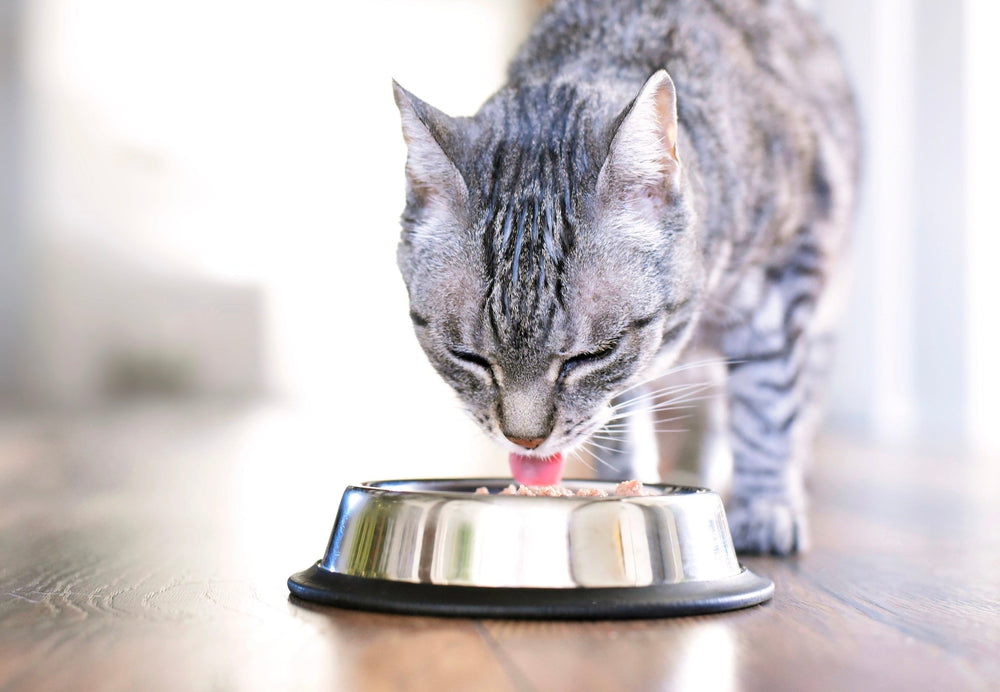

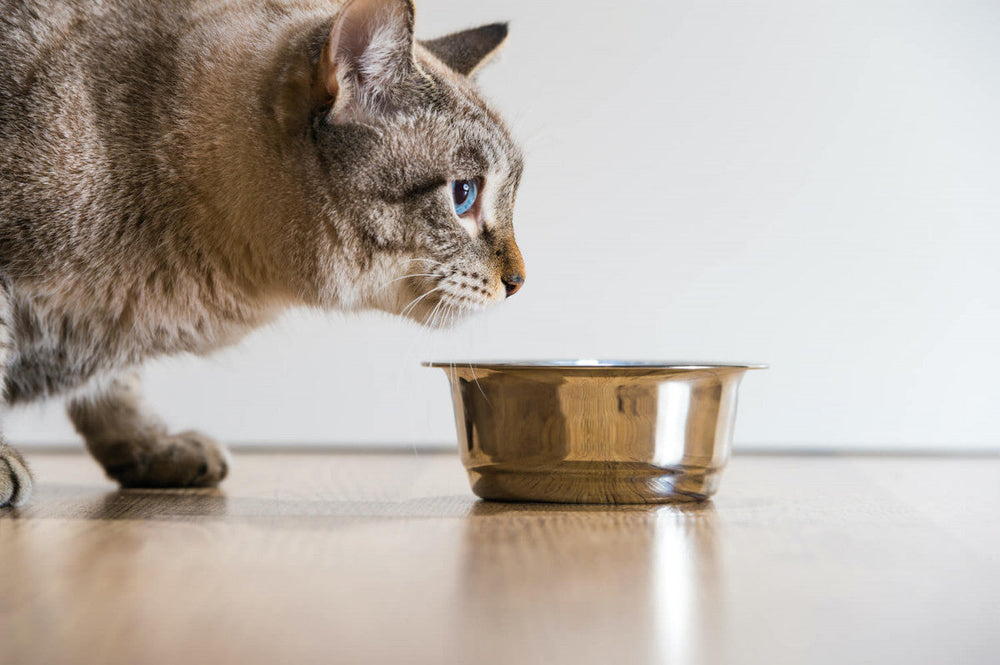
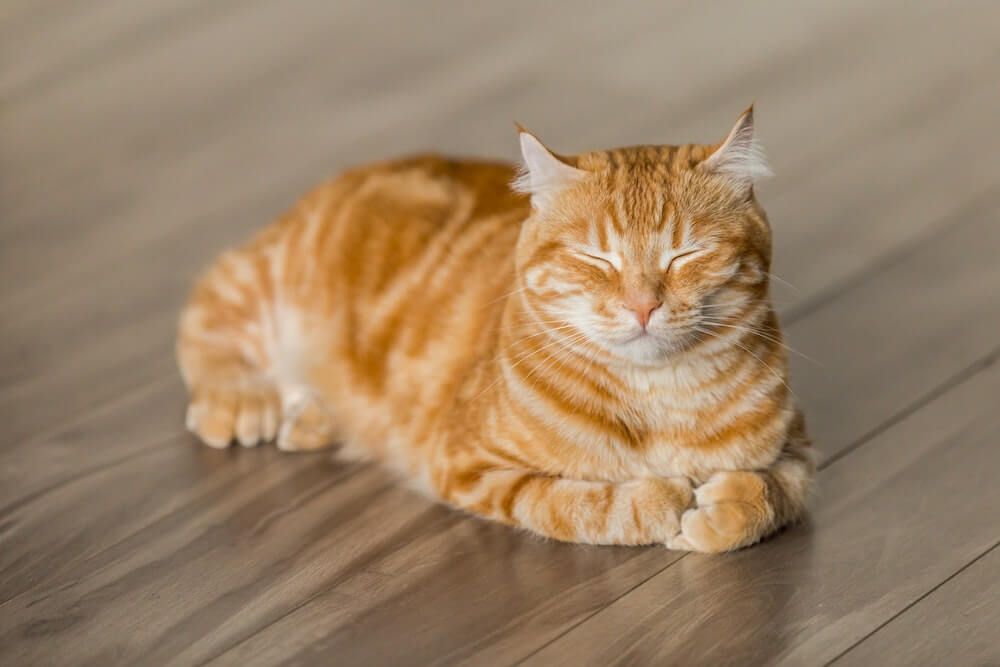
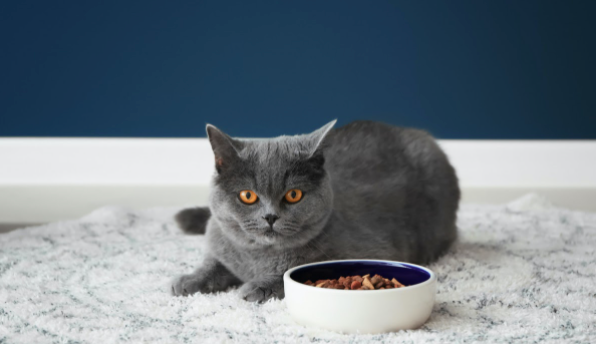
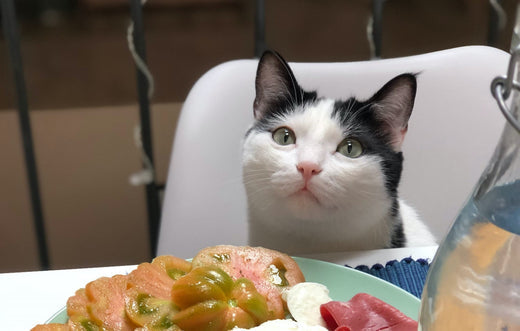
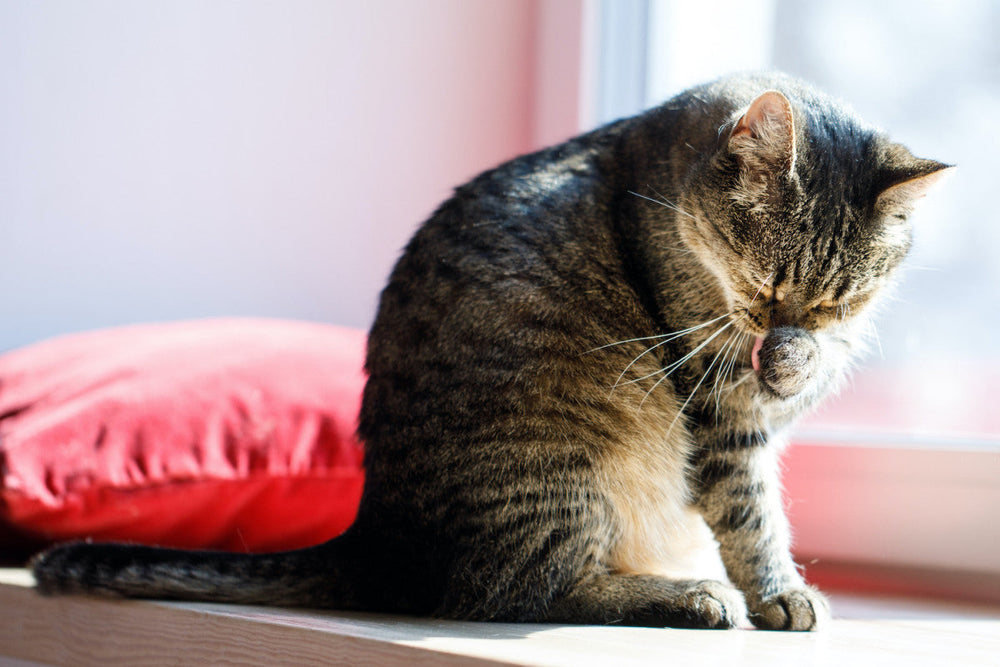
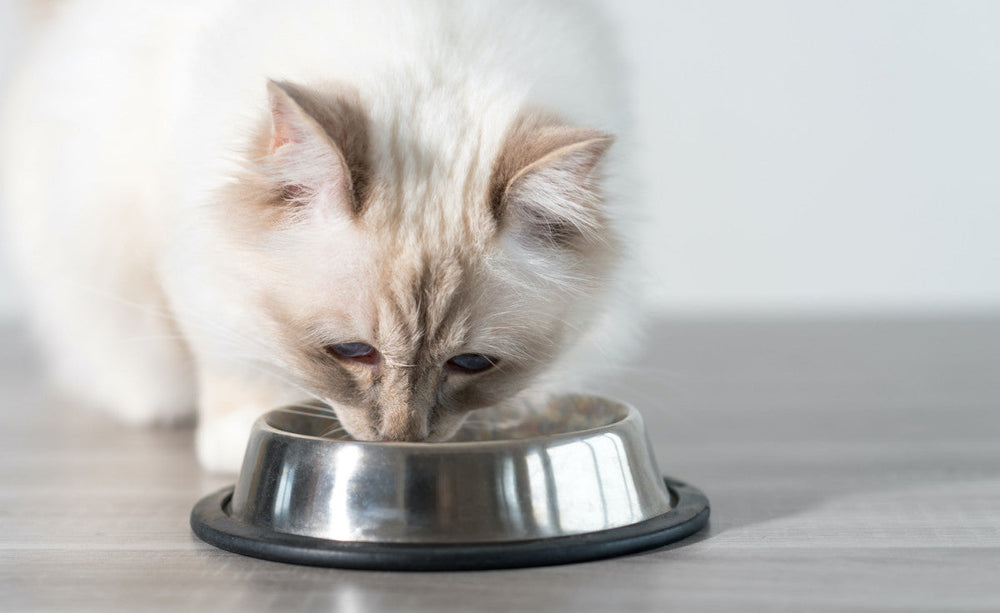
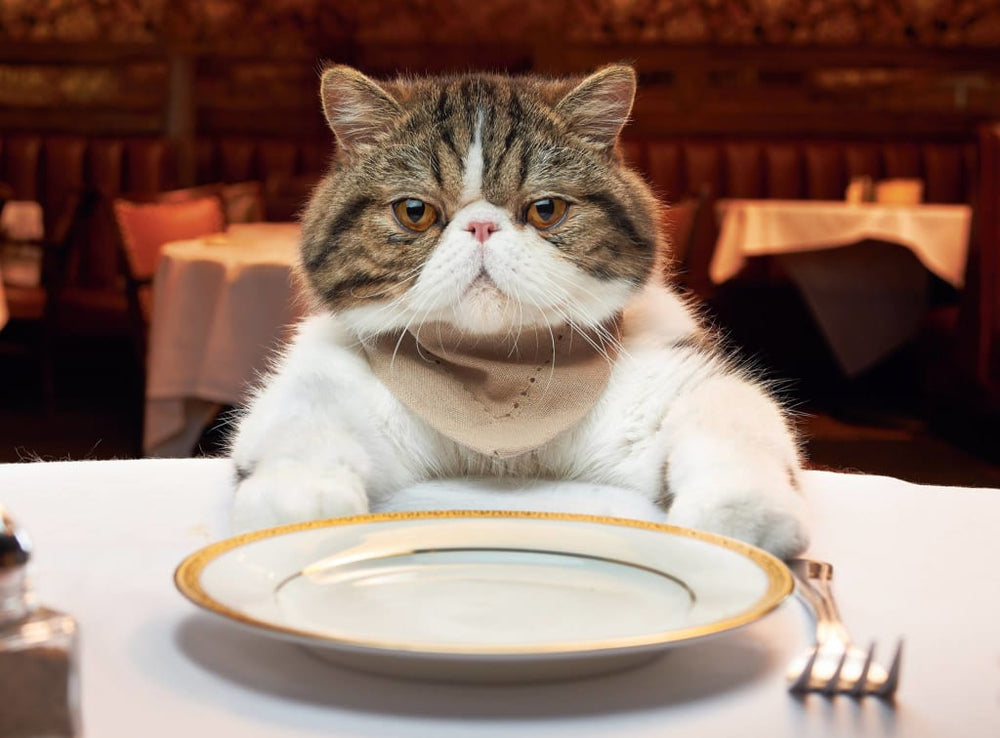
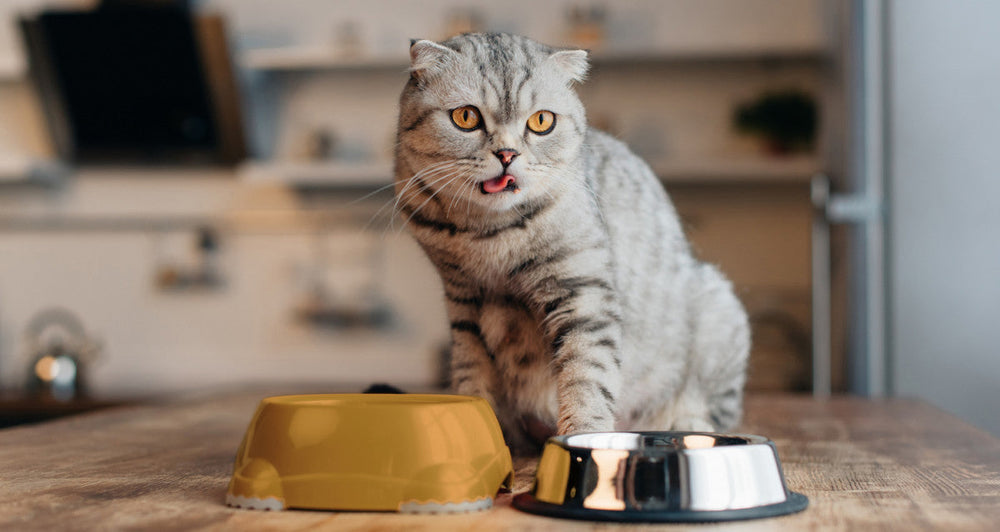
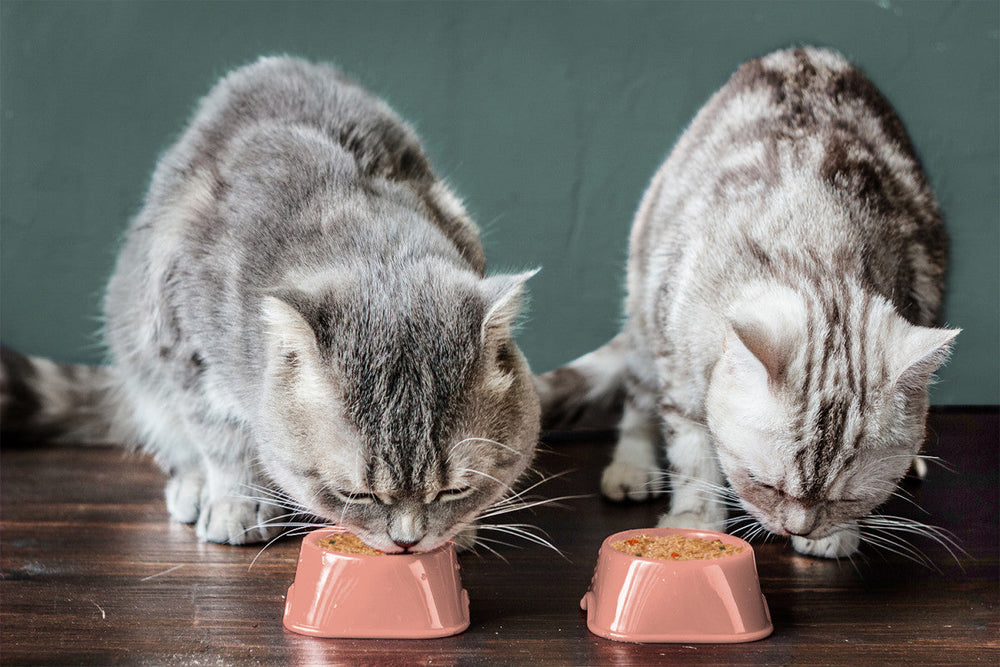
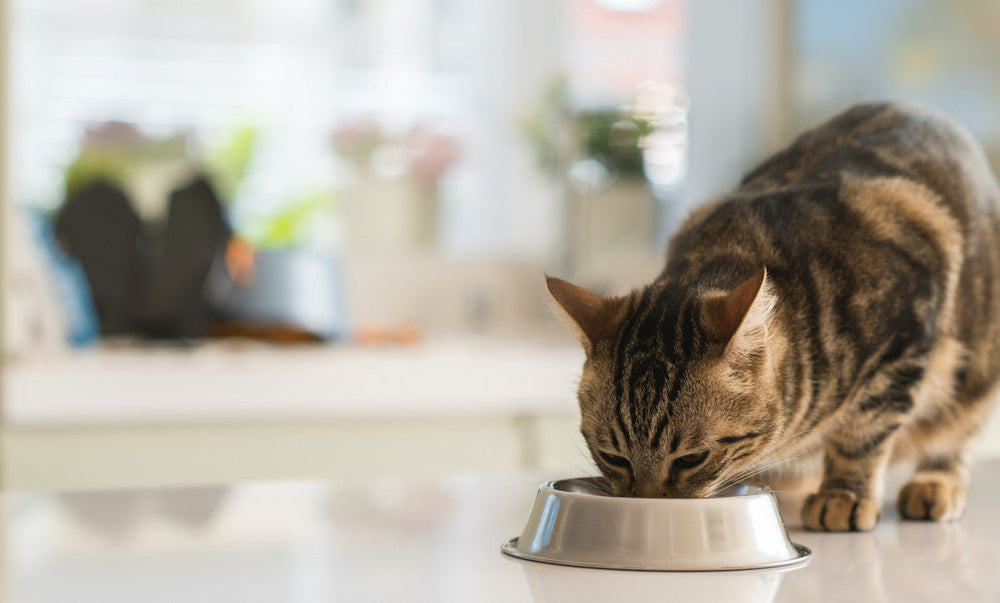
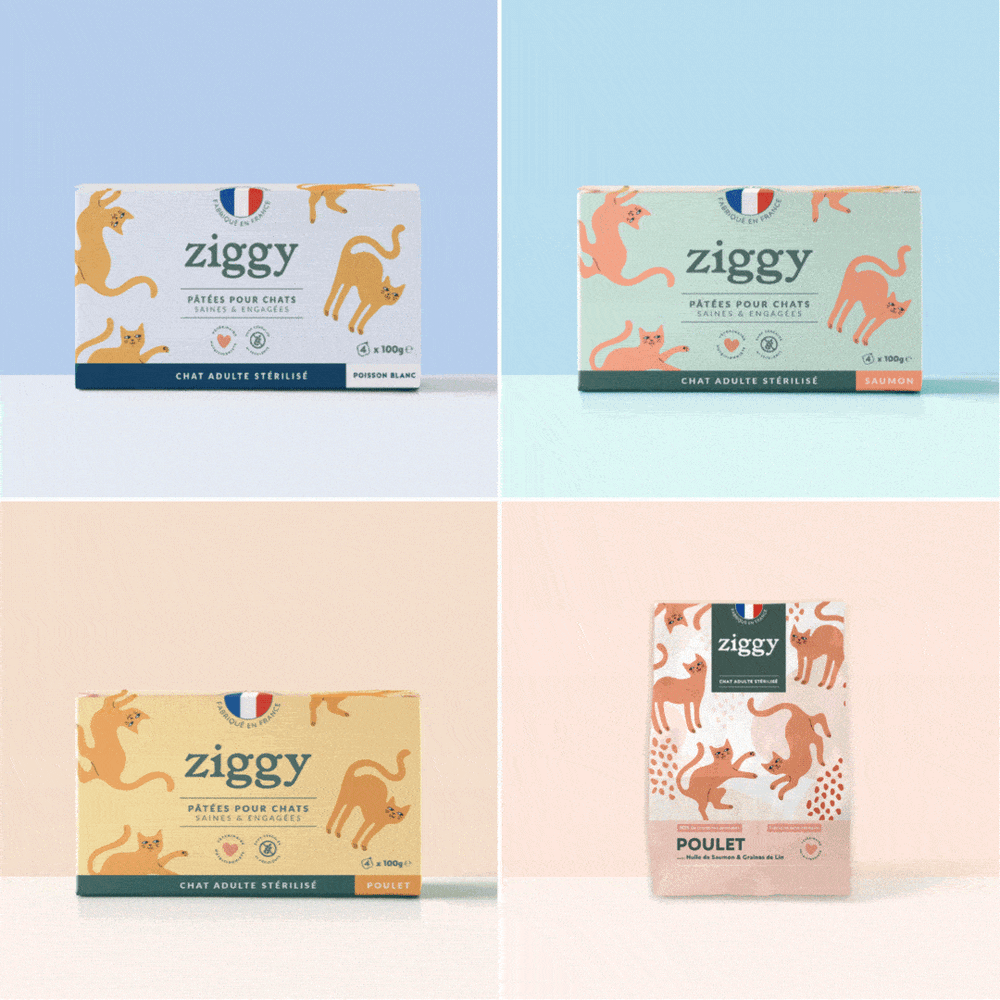
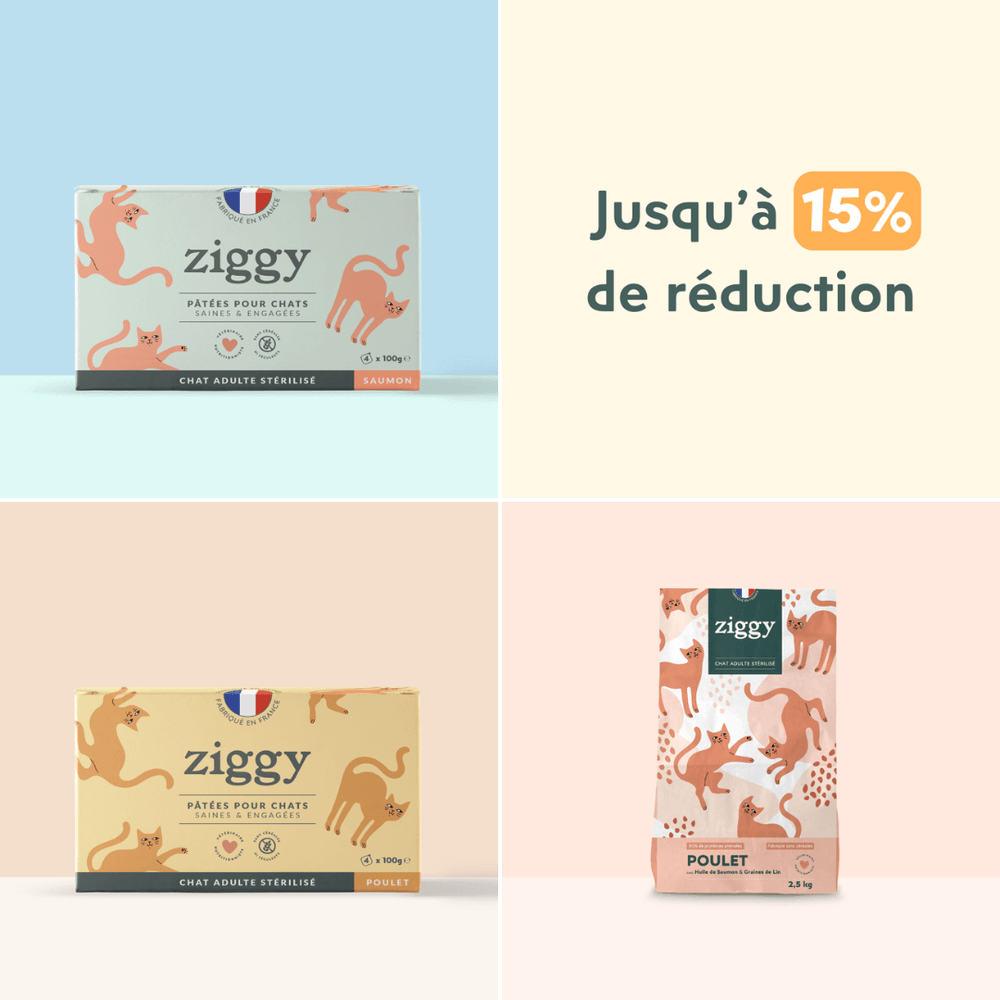
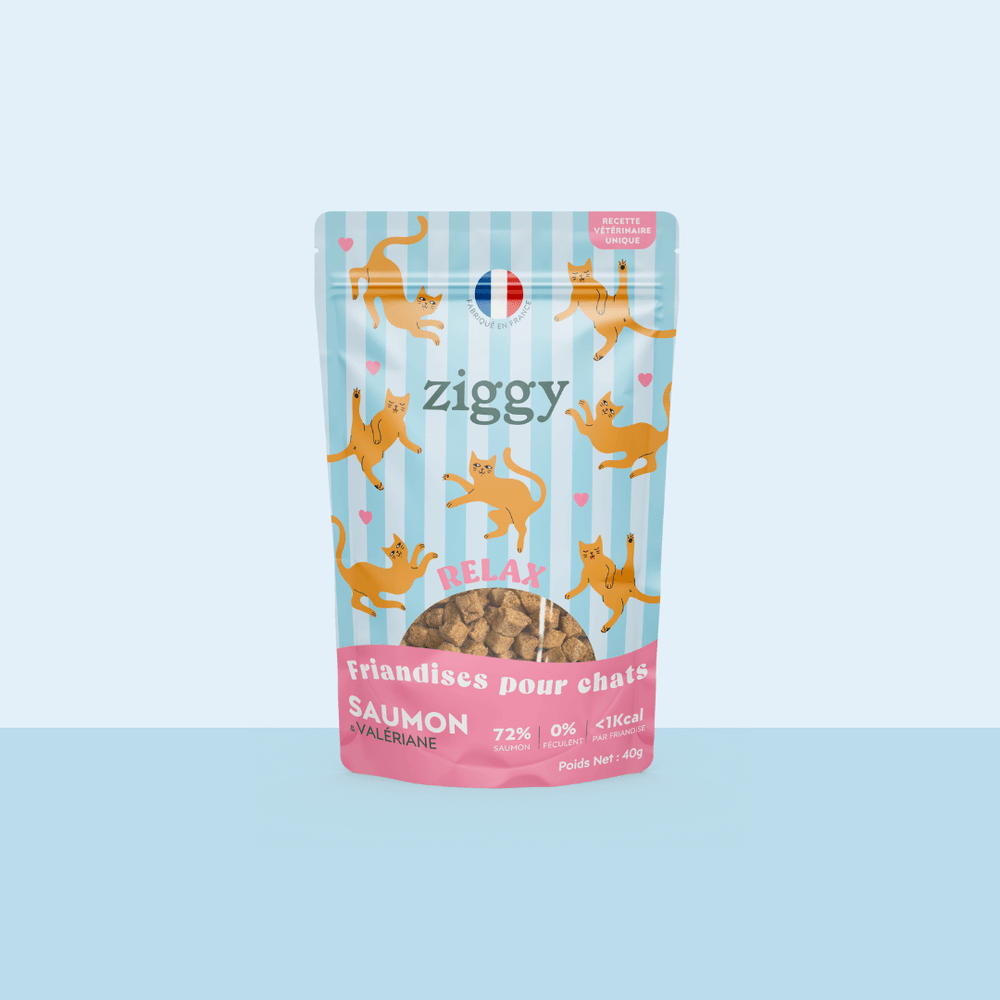
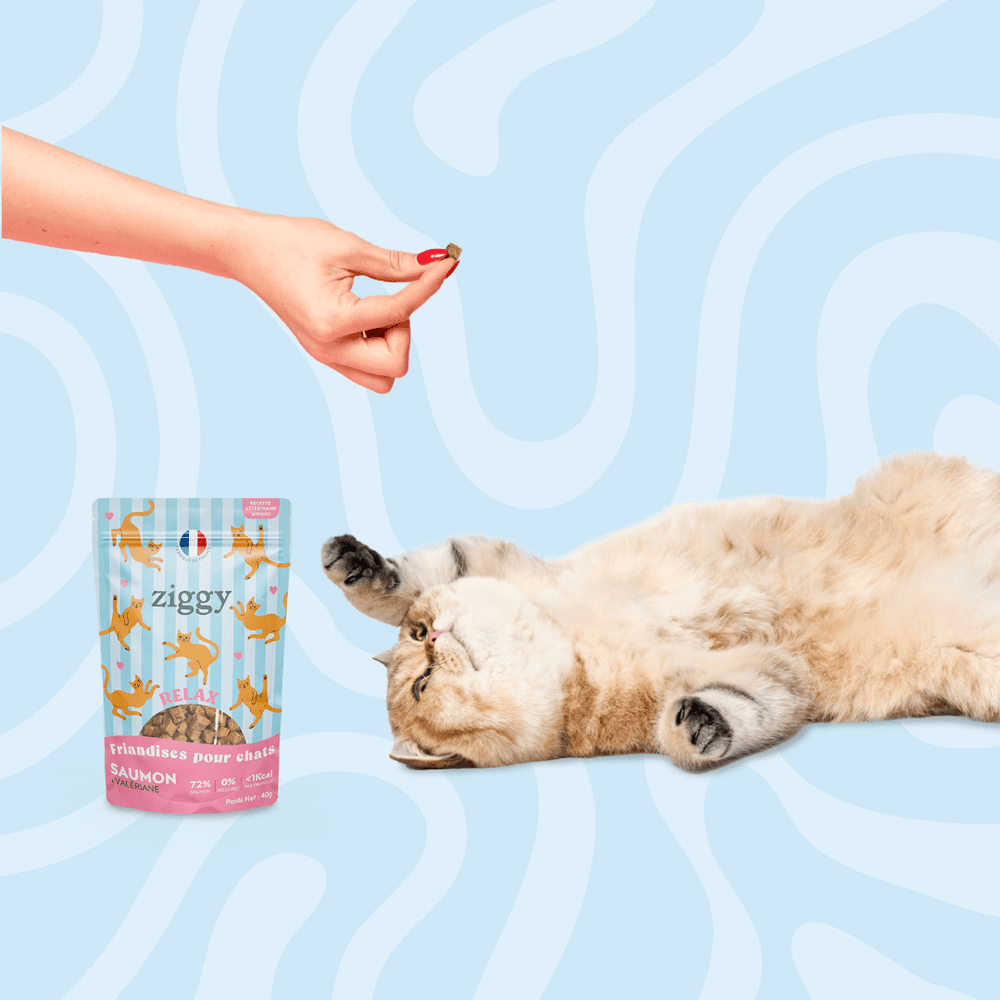
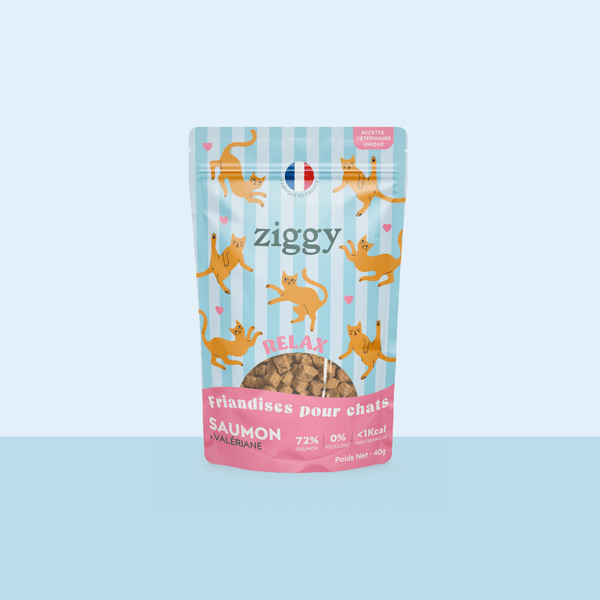
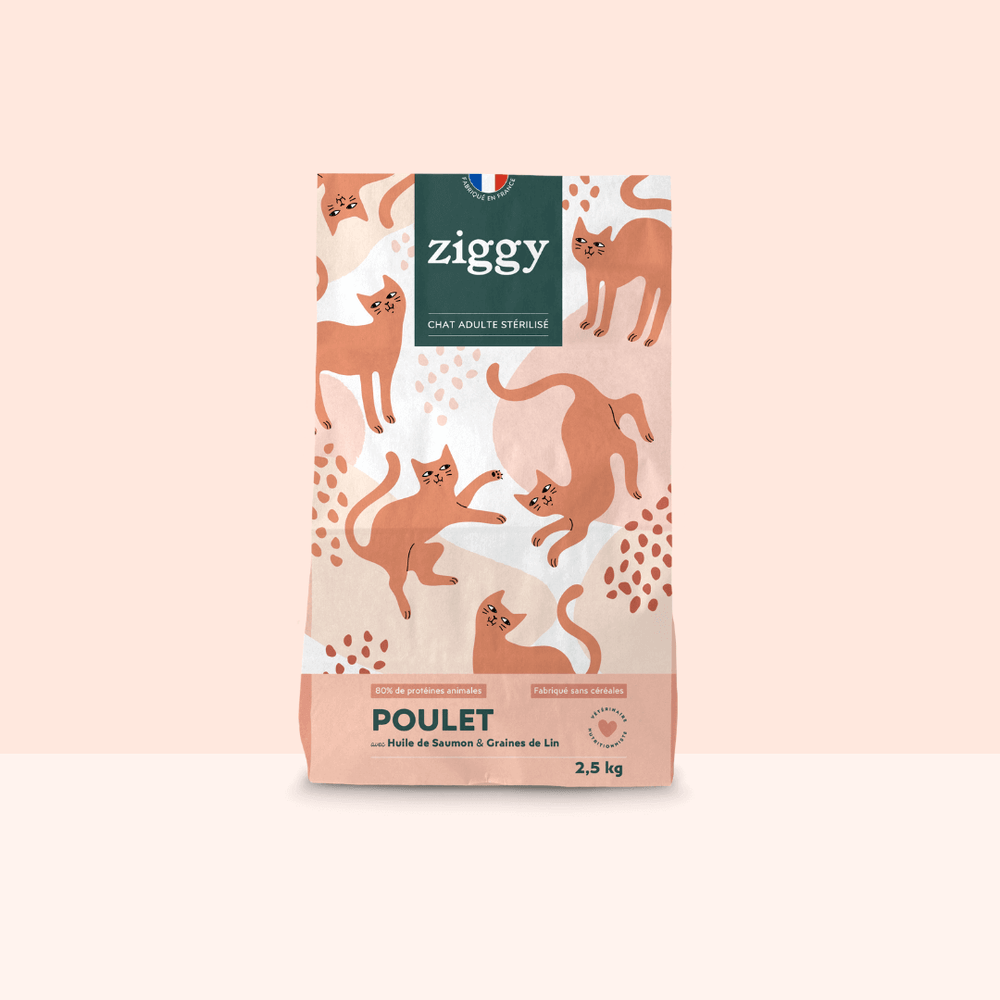

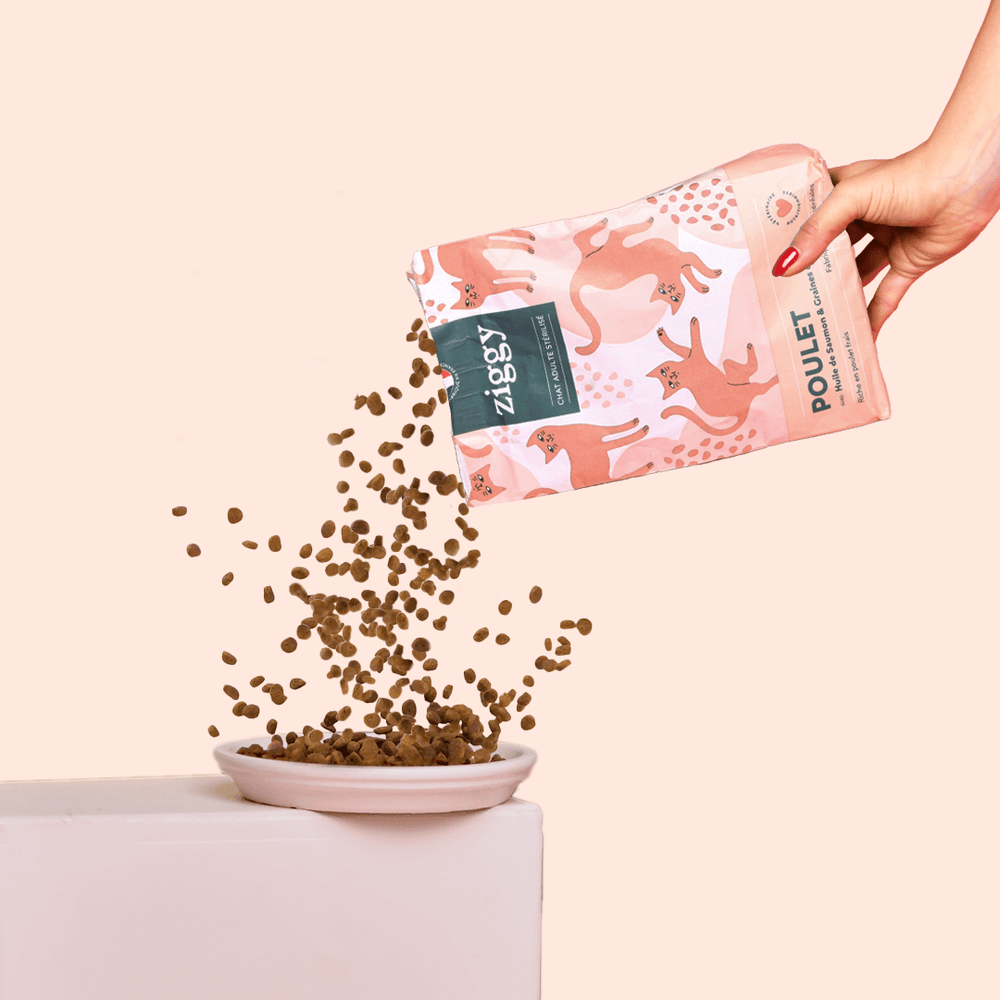
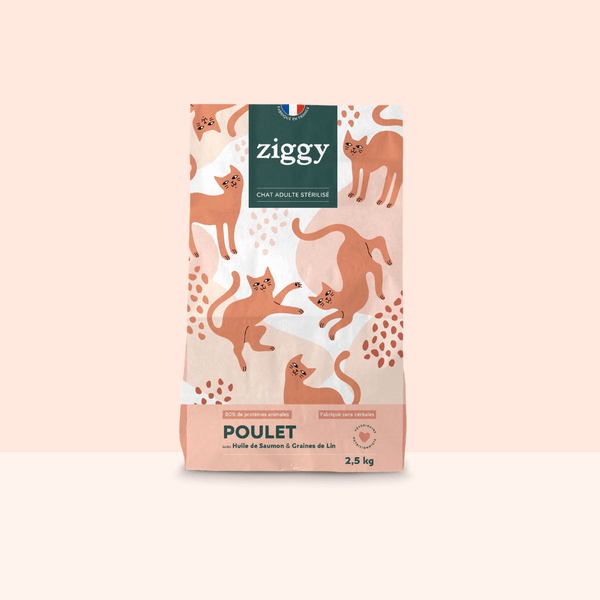

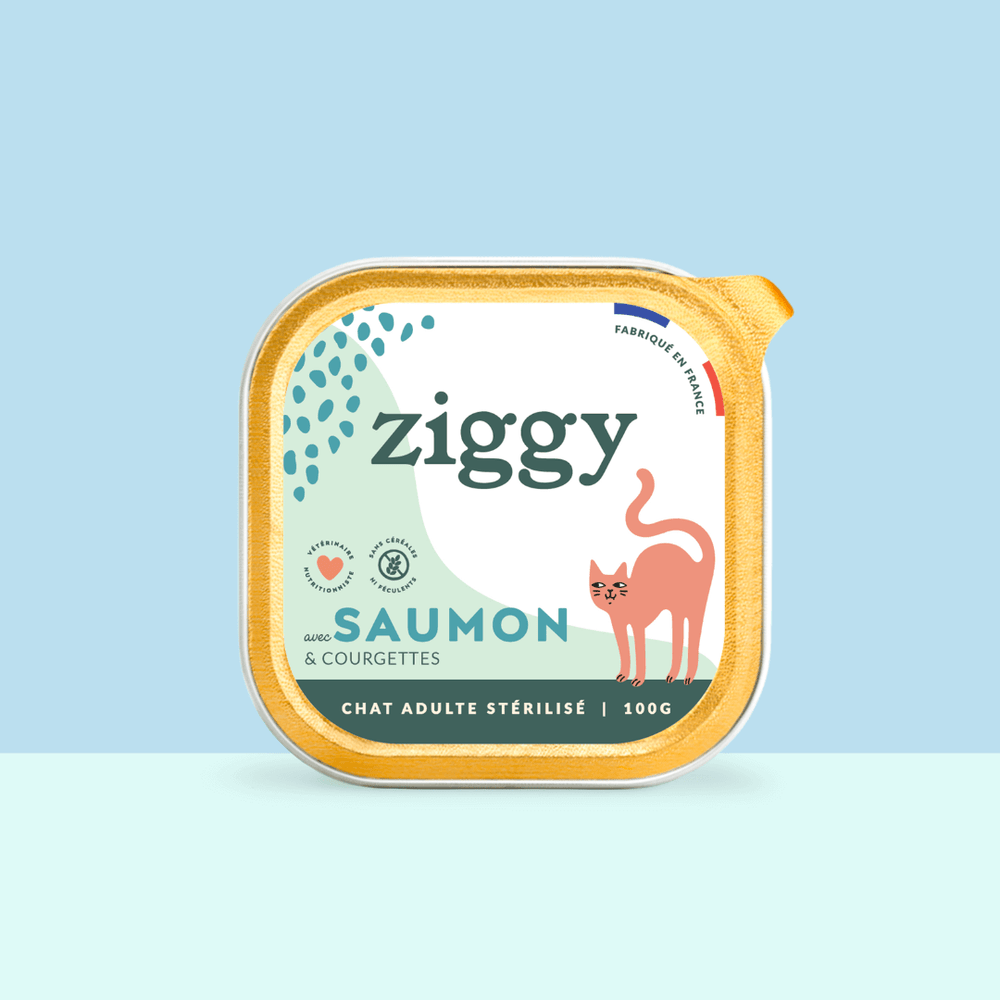

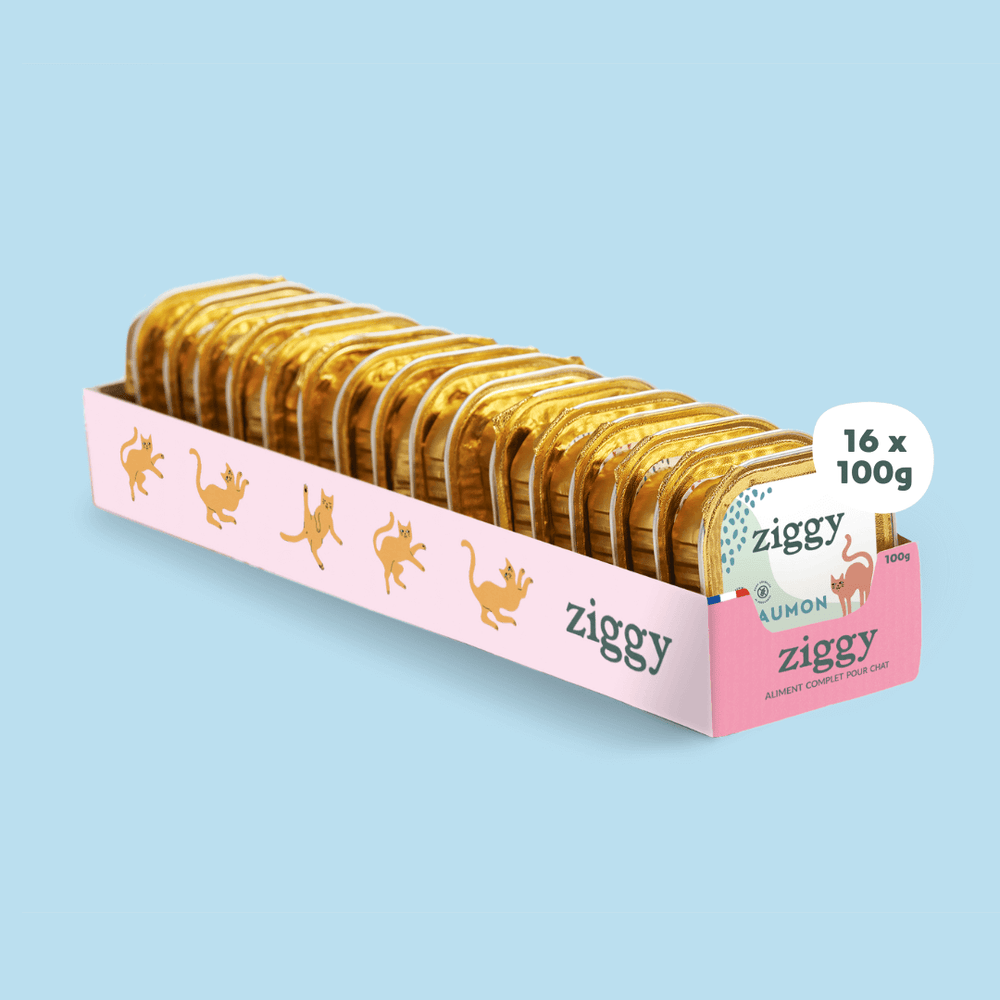
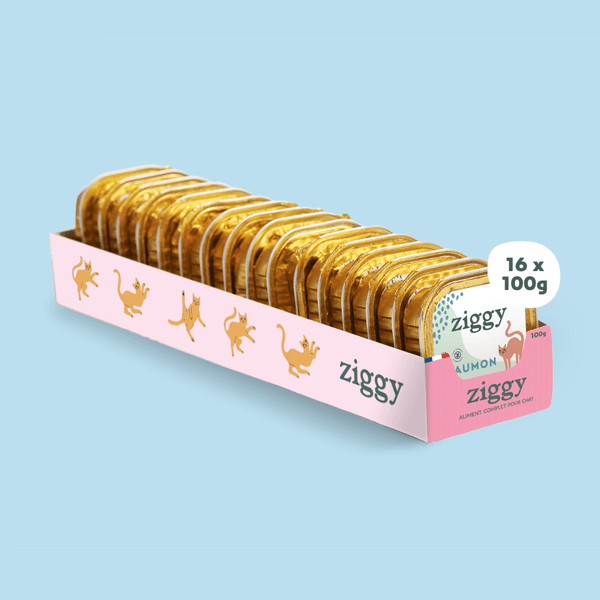




Leave a comment